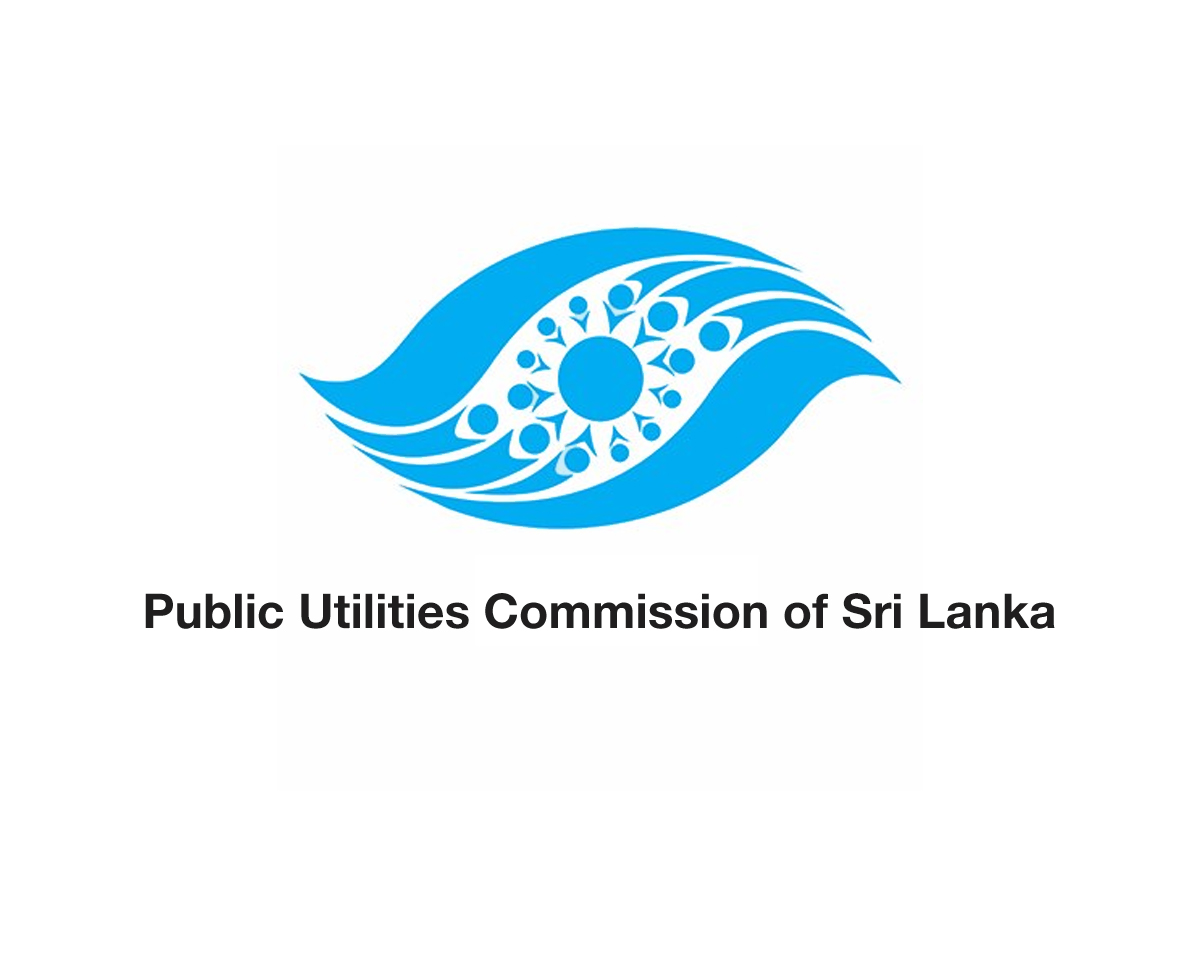
The Public Utilities Commission of Sri Lanka (PUCSL), the electricity sector regulator, stated that the demand for electricity can be managed during the month of February starting tomorrow. Accordingly, the proposal made by the Ceylon Electricity Board (CEB) for a power interruption will not be allowed until the 4th of February 2022. The CEB had proposed that there is a need for power interruption from 25th of January to 4th of February.
Commenting on the above Mr Janaka Ratnayake, Chairman of the Public Utilities Commission of Sri Lanka said,
“We reviewed the power plants and the fuel stocks that are required for them, on a daily basis. Based on the results of those reviews we decide that there is no necessity of power interruption. It is estimated around 31 billion rupees of loss may have occurred in the entire economy if the proposed power interruption was approved. We were able to save 31 billion rupees by preventing a power interruption. It has been confirmed that a continuous supply of electricity can be provided without any power interruption even at the beginning of February. Especially the A/L examinations are scheduled to take place in the next month. Uninterrupted power supply should be provided in order to have the examination successfully. Unit 3 of the Norochcholai Coal Power Plant, which was undergoing renovations, has commenced generation of power supply. Also, the 130 MW power plant at Sojitz, which was recently disconnected from the national grid for maintenance purposes, will resume generation from 02nd of February. As a result, it has been confirmed that the power supply can be maintained uninterrupted.”
Mr Ratnayake also stated that the Sapugaskanda Oil Refinery has received crude oil and has already started the process of refining the fuel required for the power plants in the future.
“The refinery produces fossil fuels and naphtha as by-products. Power plants such as Sapugaskanda, Colombo Badge, West Coast and Uthuru Janani which has the generation capacity of 495 MW require fossil fuel. 495 mega watts of capacity can be generated for 13 days from the fossil fuel that generated through the refinery process. Also 150 MW power plant can be operated for five days from the Naphtha produced by the crude oil,”
PUCSL also points out that it is essential to get the support of the electricity consumers to manage the supply of electricity in such a challenging situation.
Clarifying it further Mr. Ratnayake, said,
“We have proposed a number of electricity conservation measures that can be implemented with the assistance of consumers, such as limiting lighting, saving the use of air conditioners, and limiting the lighting time of street lamps. We estimate that these measures alone will save us 3.7 gigawatt hours per day. If so, a 150 MW power plant can be shut down for 24 hours. It is a responsibility of the electricity consumer to support the country by conservation of electricity in a situation like this. We urge all electricity consumers to support in the conservation of electricity to the best of their ability. If electricity is used inefficiently in a situation like this, it will lead to a power cut,”
The PUCSL has also taken steps to get the support of private and state organizations to generate about 300 MW of capacity through efficient use of power generators owned by them.
The Chairman of the Public Utilities Commission of Sri Lanka said,
“One of the ways to get electricity instantly for us is the efficient use of the generators owned by various companies. We have already had a discussion on the same with the owners of 100 MW so far. It is scheduled to discuss with another group on the same matter this week. We hope to reach a final decision on the availability of about 300 megawatts of capacity from state and private generators before the end of next month.
Janaka Ratnayake
Chairman
Public Utilities Commission of Sri Lanka



